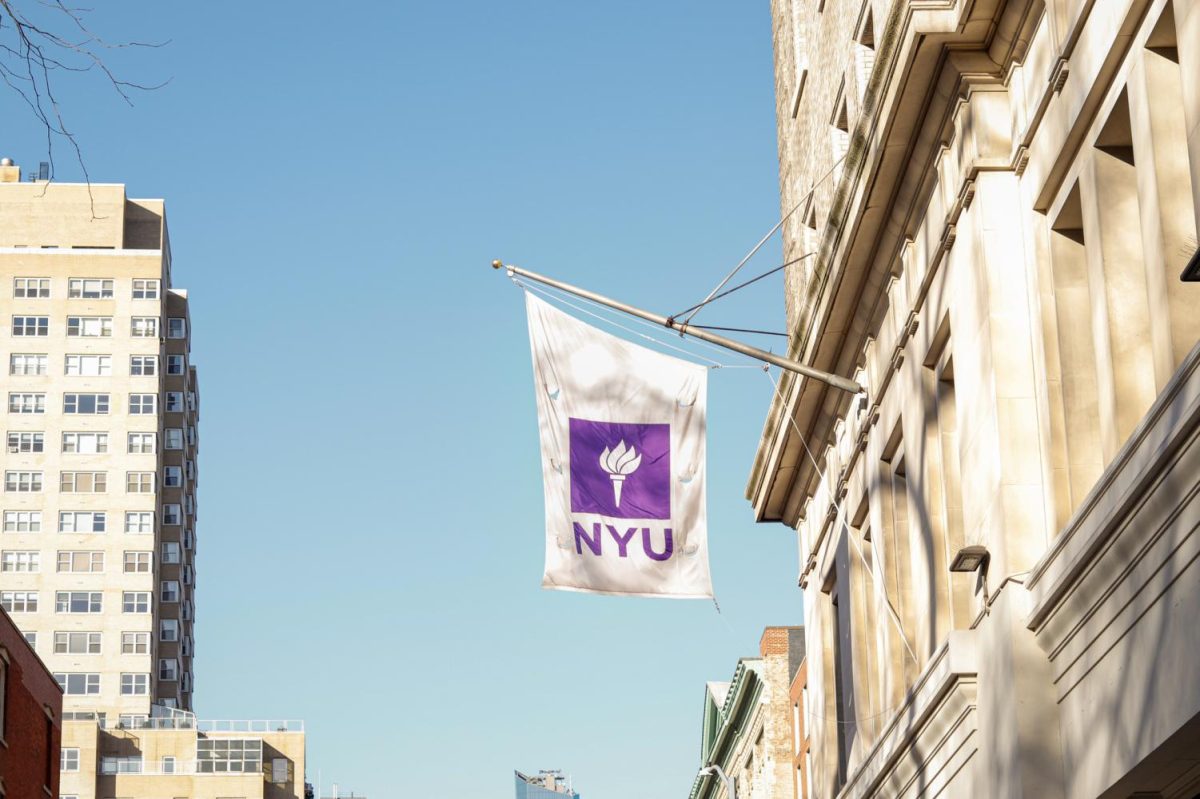Every September, NYU faces scrutiny from a nonprofit organization that evaluates free speech and expression across U.S. universities. While its latest score edged up slightly from last year, the university still received an “F” grade accompanied by steep criticism of its environment and guidelines.
While much of the evaluation is based on anecdotal evaluations of campus controversies and student surveys, researchers at the Foundation for Individual Rights and Expression also endorse select policies. The organization is especially supportive of the Chicago Statement — a policy created by the University of Chicago to protect on-campus discourse, even when that means potentially upsetting conversations — and said that NYU could boost its score by adopting something similar.
Mary Griffin, a senior program counsel at FIRE, told WSN that she encourages university administrators to craft their own version policy inspired by the Chicago statement, considering how it would appeal and apply to community members.
“That’s the way that it’s really going to connect to folks on your own campus, is if you’re really deliberating about your own statement and talking to other people on campus,” Griffins said. “If faculty, students, administrators are all working together to make sure that the statement really resonates for their own campus.”
UChicago adopted its policy in 2015, in the wake of heightened tensions across college campuses, as groups tried to ban controversial commencement ceremony speakers. The statement, which holds that “concerns about civility and mutual respect can never be used as a justification for closing off discussion of ideas,” has since been adopted by more than 100 universities nationwide.
NYU’s Standards of Conduct currently state that the university “thrives on debate and dissent” and is a “community where the means of seeking to establish truth are open discussion and free discourse.”
Sean Stevens, a chief research advisor at FIRE, told WSN that out of the subrankings used to calculate a university’s free speech score, “administrative support,” “political tolerance” and “disruptive conduct” are weighed more heavily than “self-censorship,” “comfort expressing ideas” and “openness” because they are less affected by individual personalities.
Stevens also urged NYU to practice institutional neutrality, the idea that institutions should not take a stance on social and political issues, citing that implementing both policies would “significantly improve NYU’s score.”
NYU did not respond to WSN’s request for comment regarding the Chicago Statement. When previously asked about institutional neutrality, the university said it practices “institutional restraint” and comments on political topics only when it “must.”
David Bloomfield, a scholar in higher education law, told WSN in an email that incorporating the Chicago Statement into NYU’s Standards of Conduct could allow faculty and members of the University Senate to offer more input on university policy. He said that it is “necessary” to set clear guidelines on free speech in classrooms, particularly amid federal threats to cut funding — which he described as part of a “pall of fear that chills free expression among administrators, faculty and students.”
FIRE deems NYU a “yellow-light” institution, which means that it has at least one policy that “restricts a more limited amount of protected expression.” By practicing both institutional neutrality and adopting the Chicago Statement, NYU could receive a “green-light” rating, boosting its score by 10 score points.
This year, FIRE gave NYU a free speech score of 48.2 out of 100 — its highest marks since 2021 — deeming it one of 166 institutions in the “F” tier. Last year, NYU earned an “abysmal” score, with the equivalent of 44.3 points out of 100.
“While having good policies on the books is the minimal first step schools can take, it’s no guarantee they actually honor their promises when controversy inevitably arises,” Stevens said.
Contact Mariapaula Gonzalez at [email protected].























































































































































